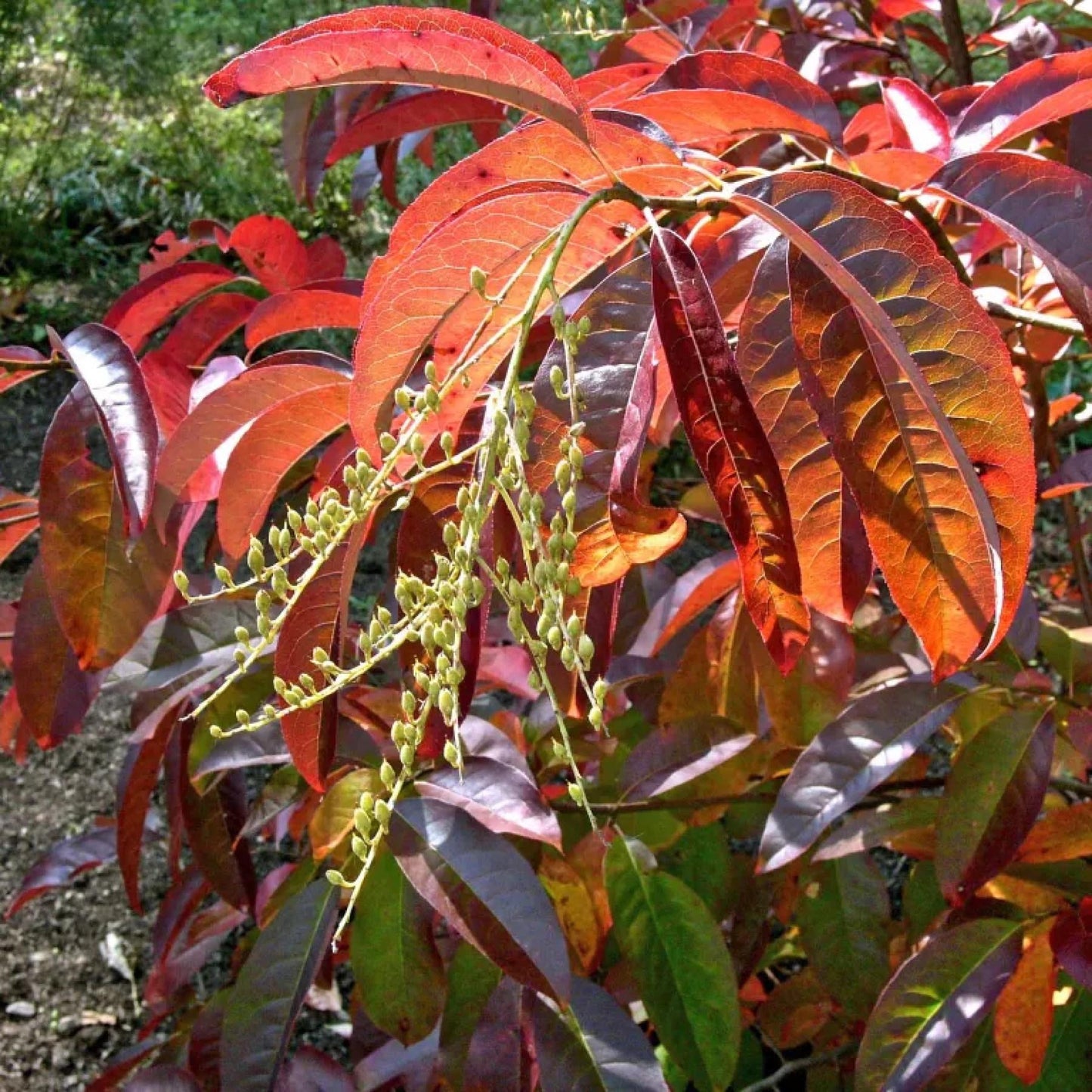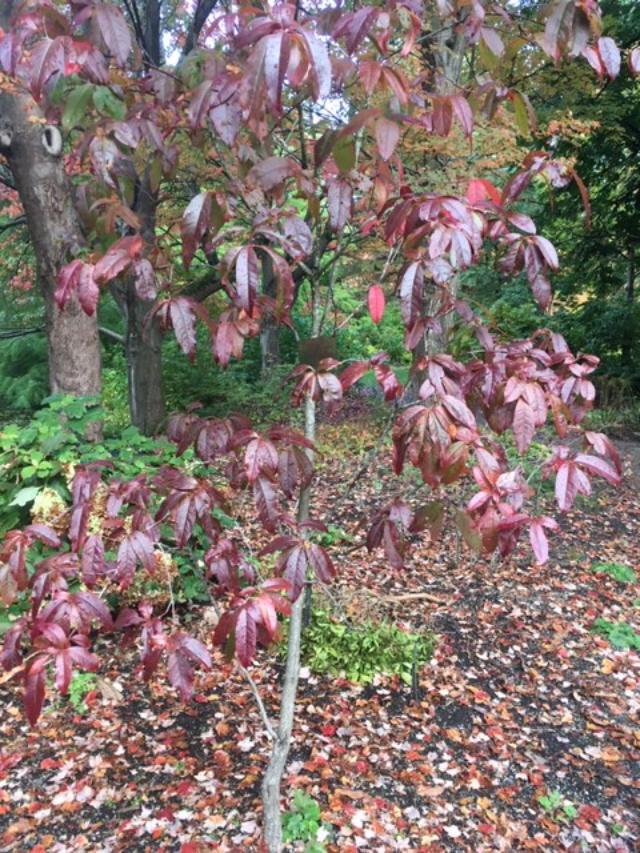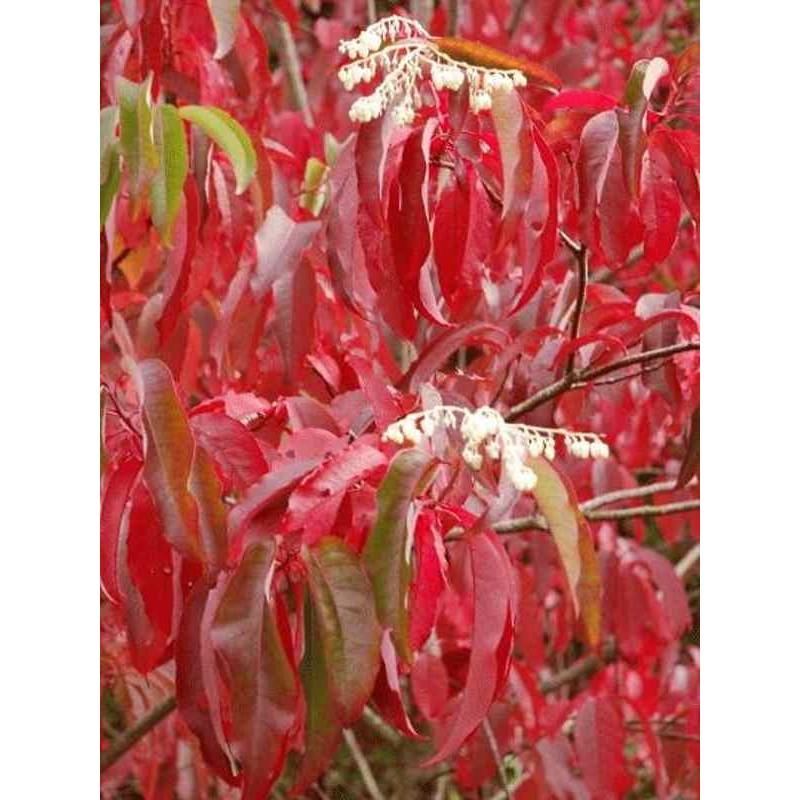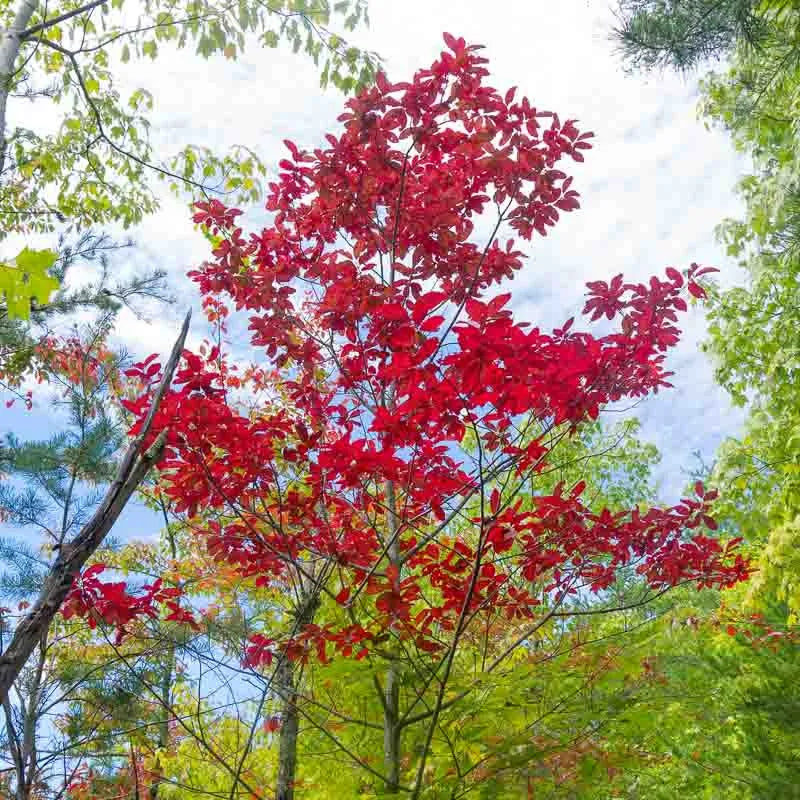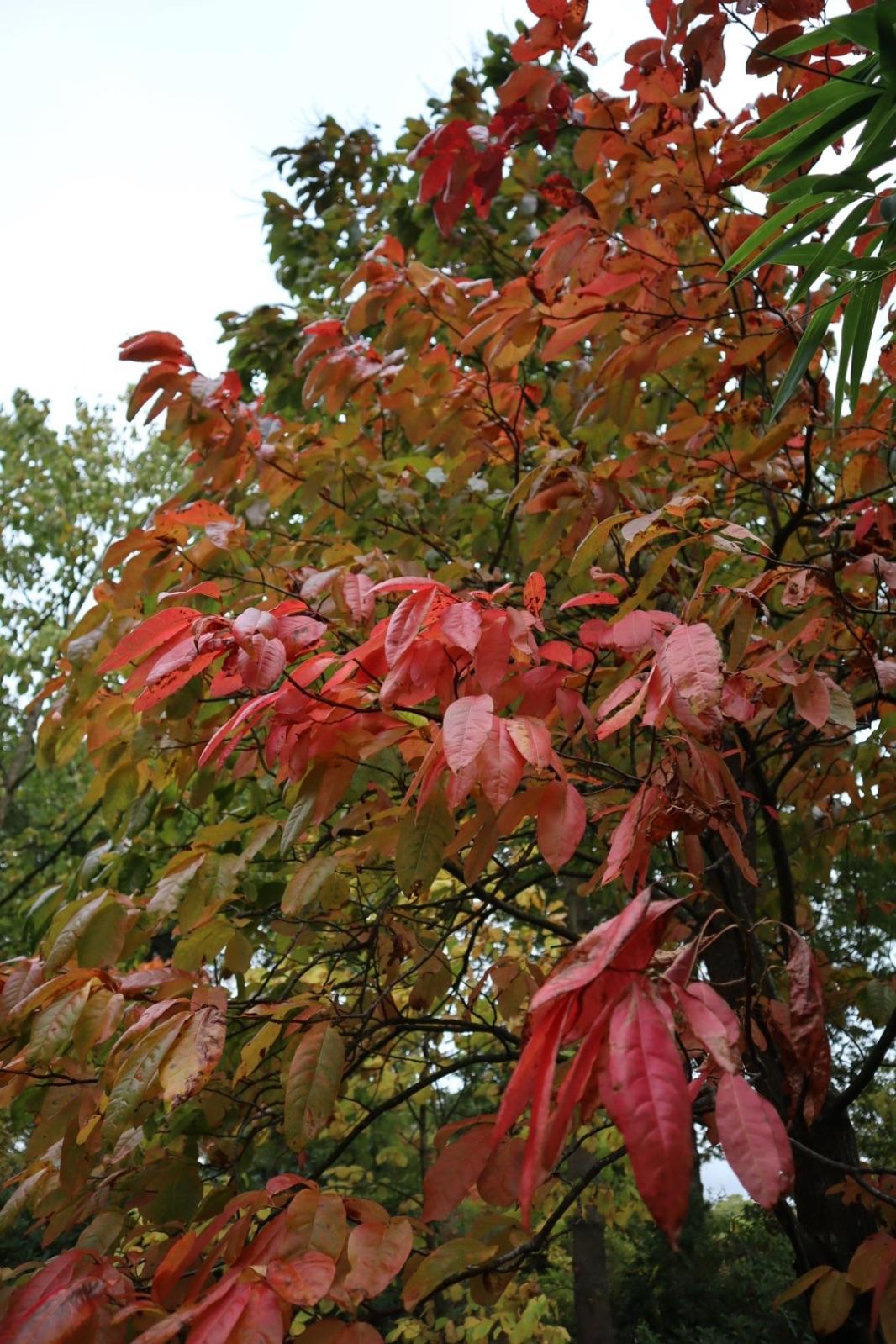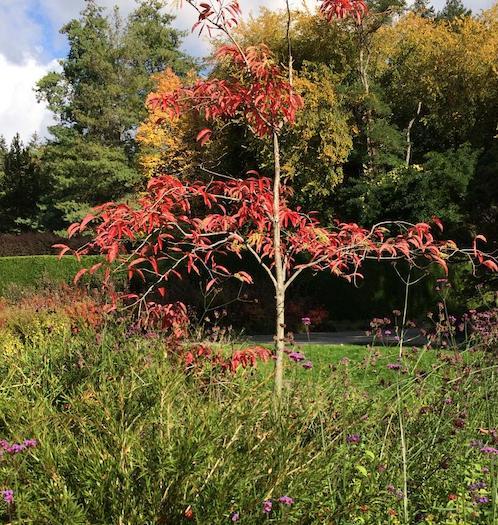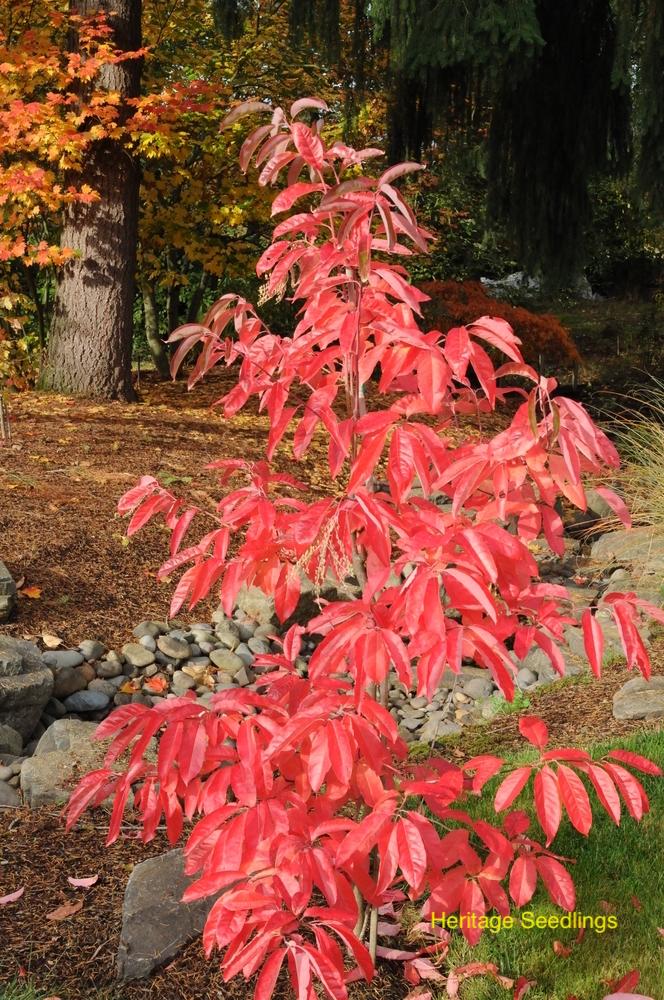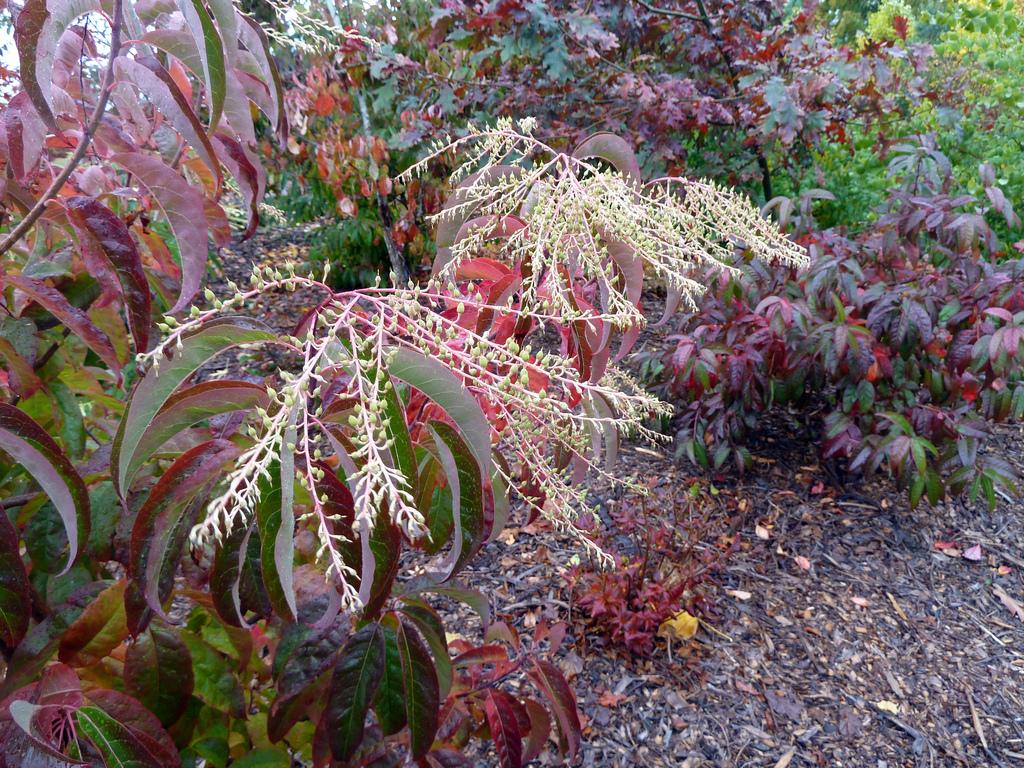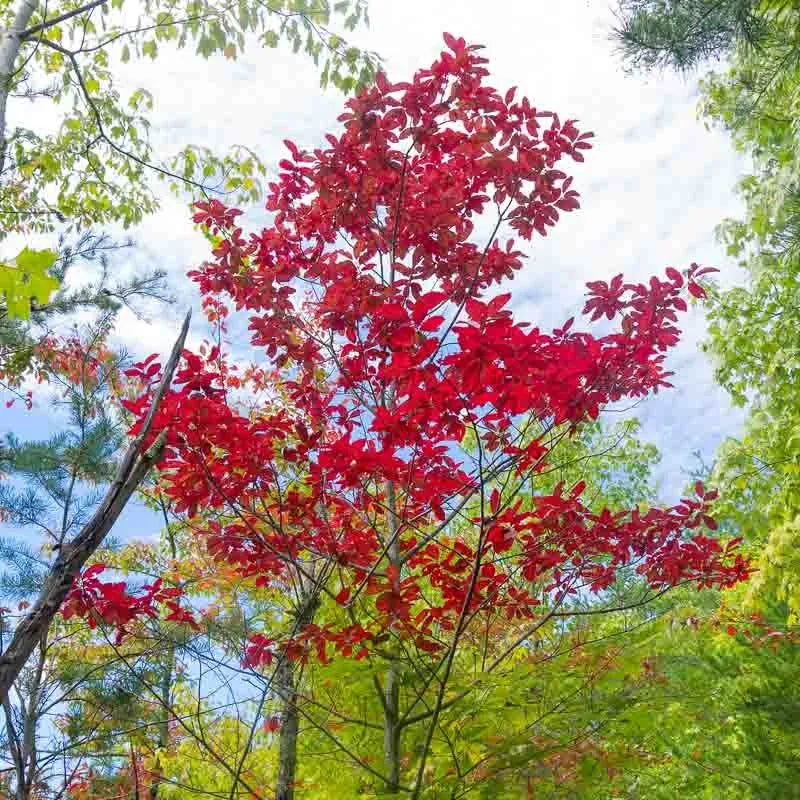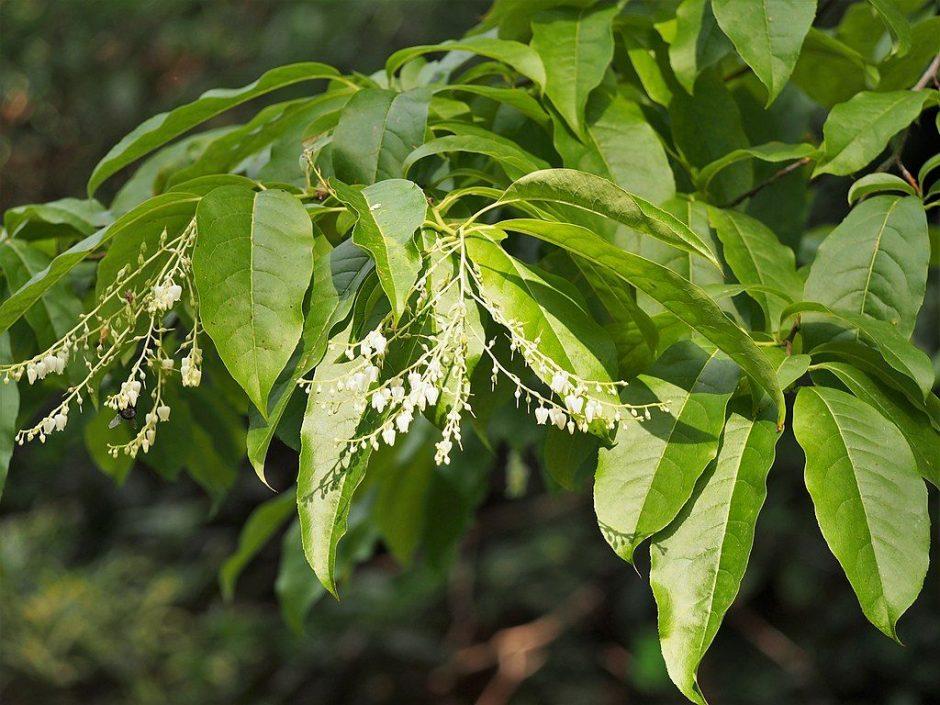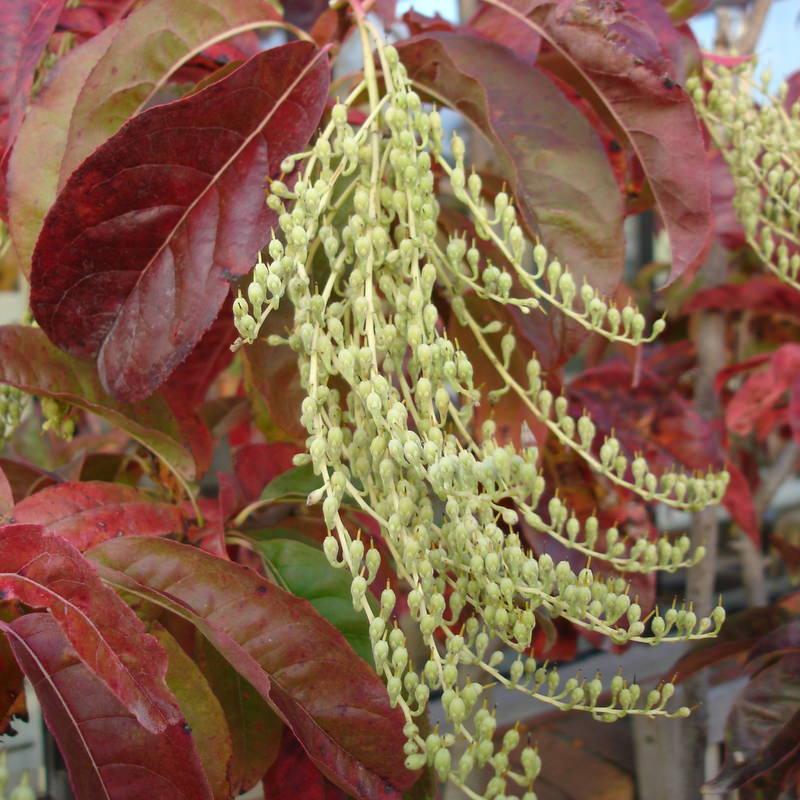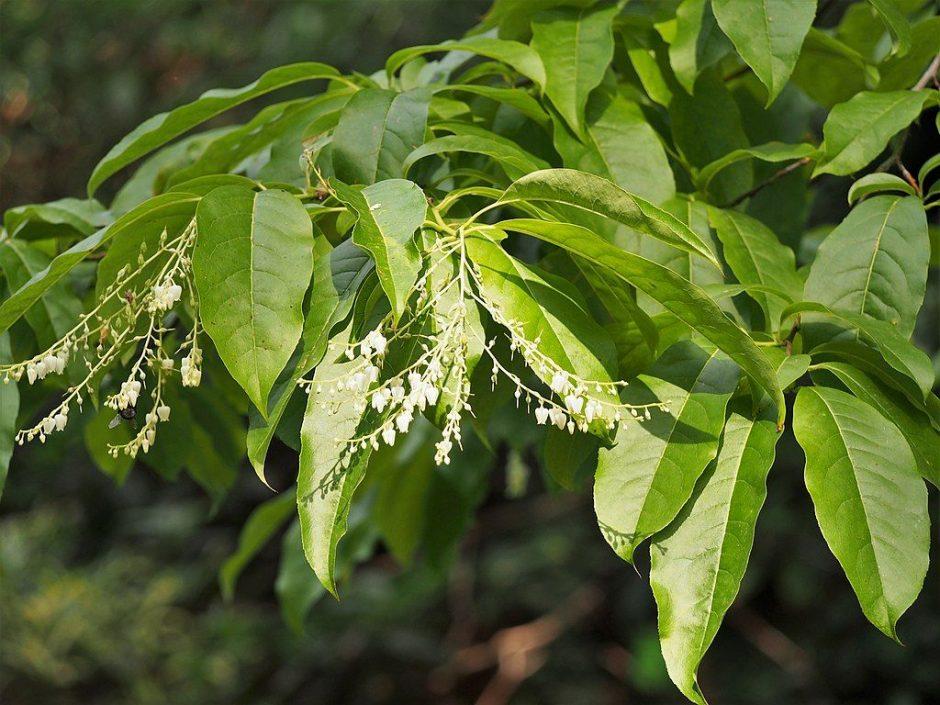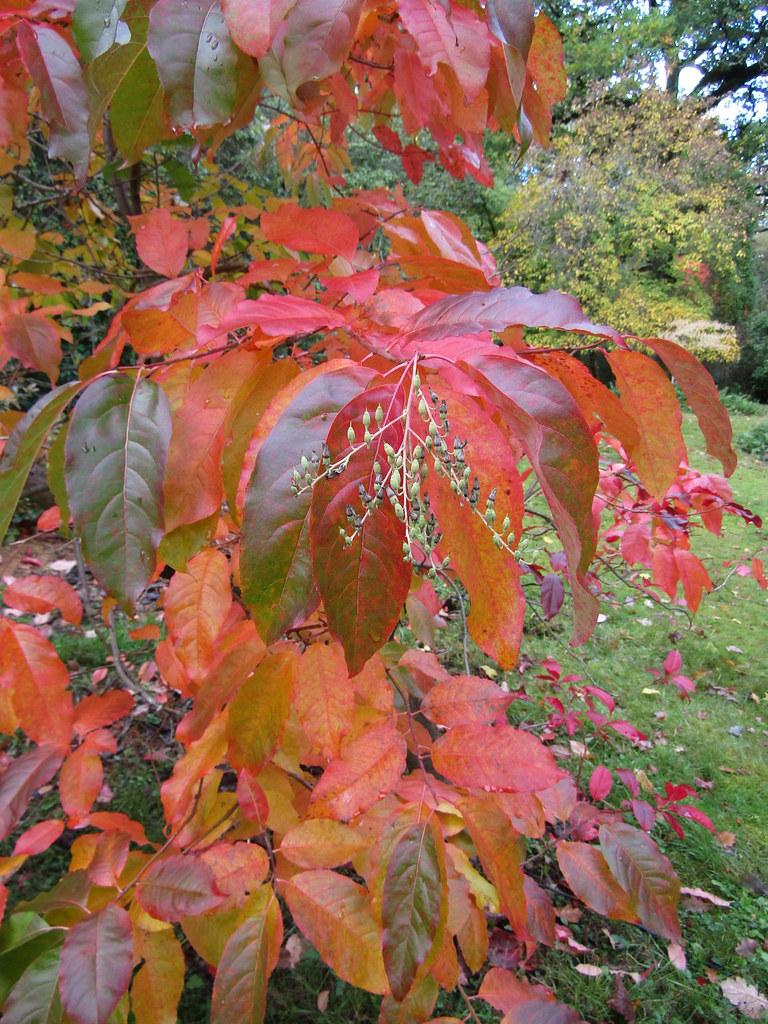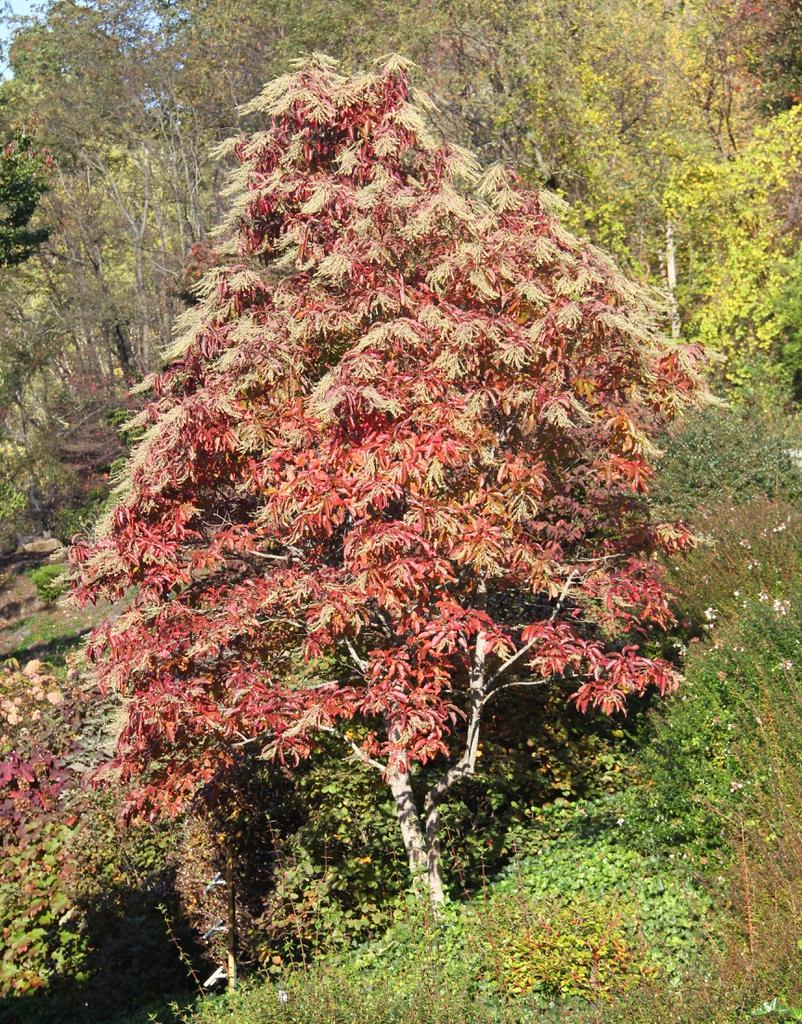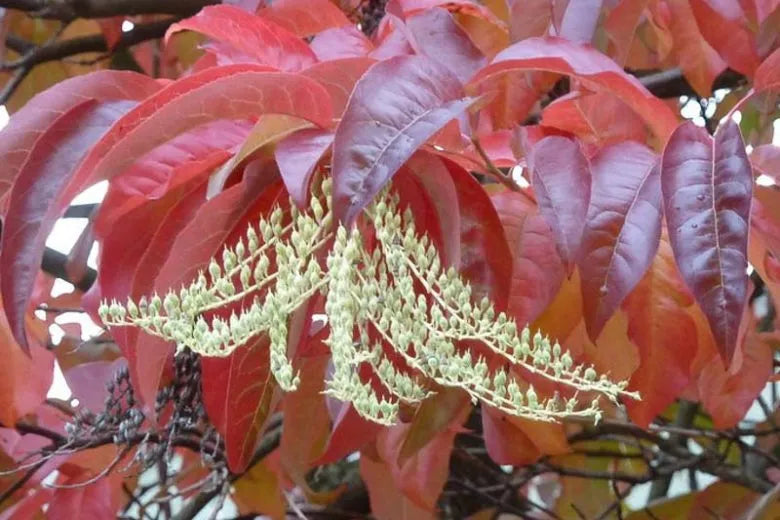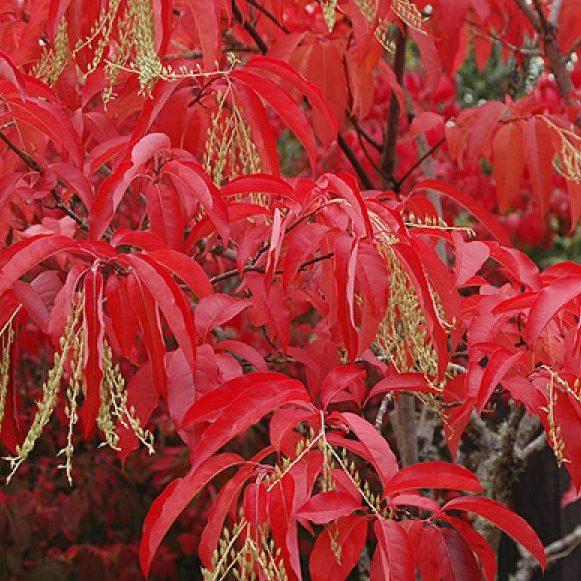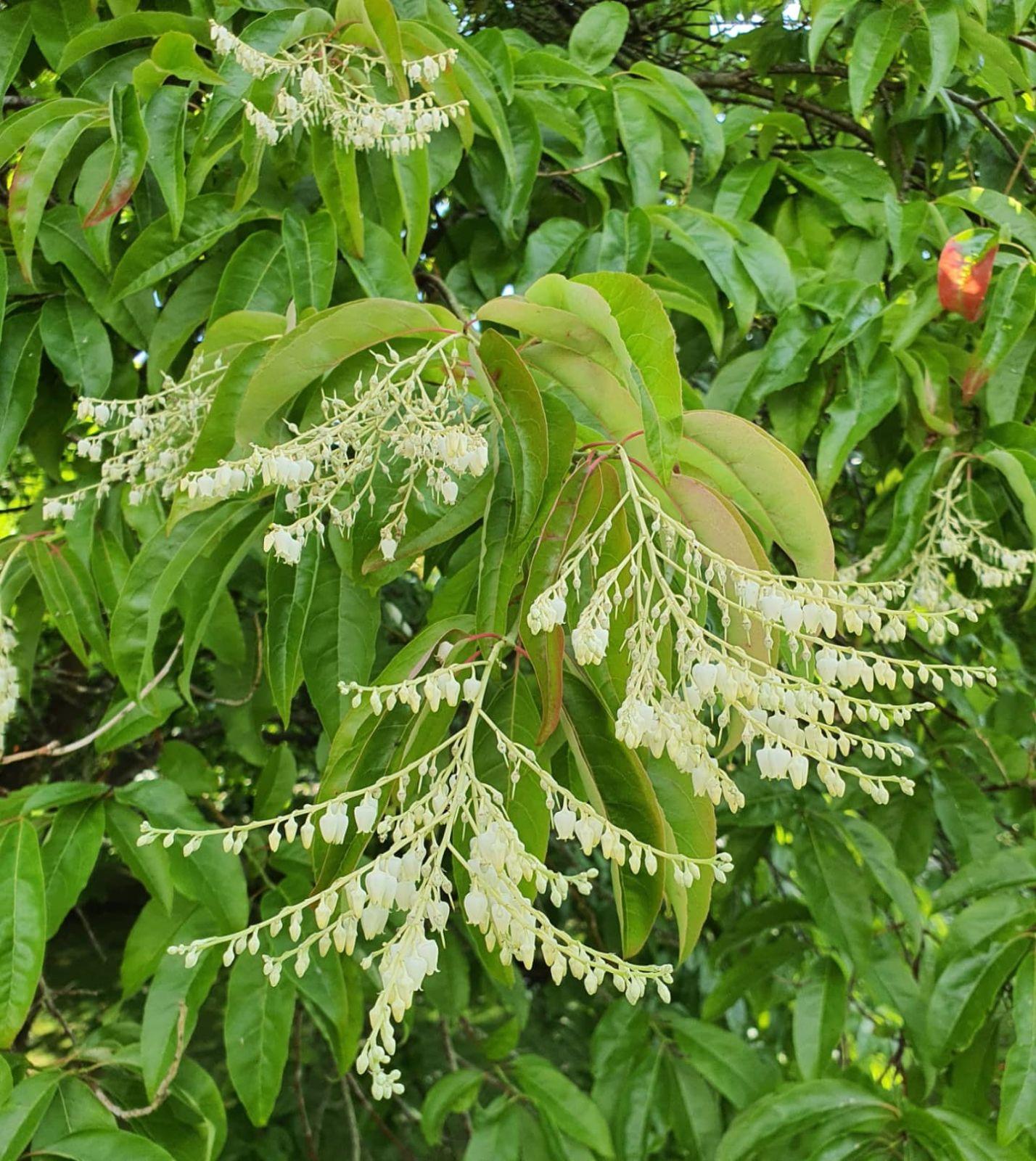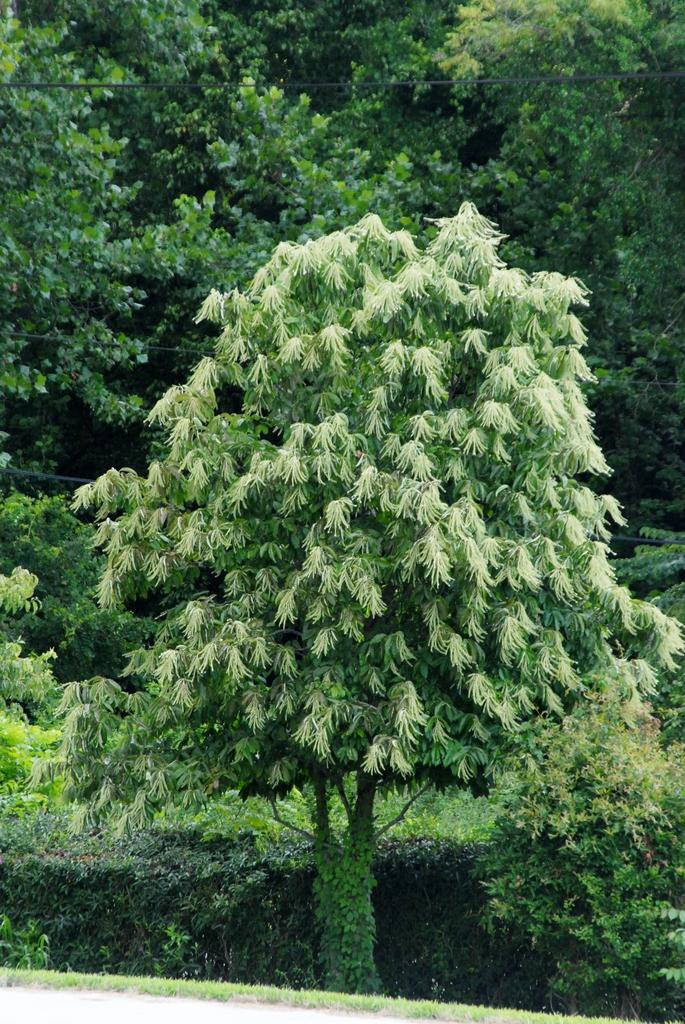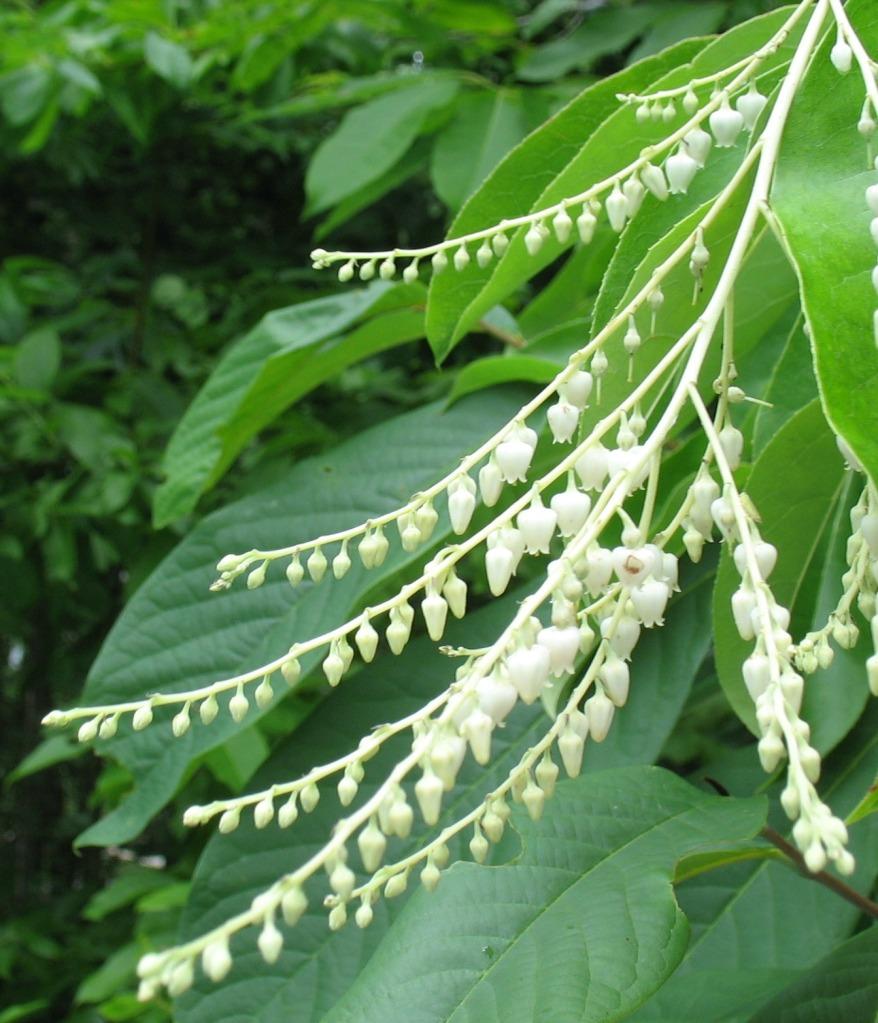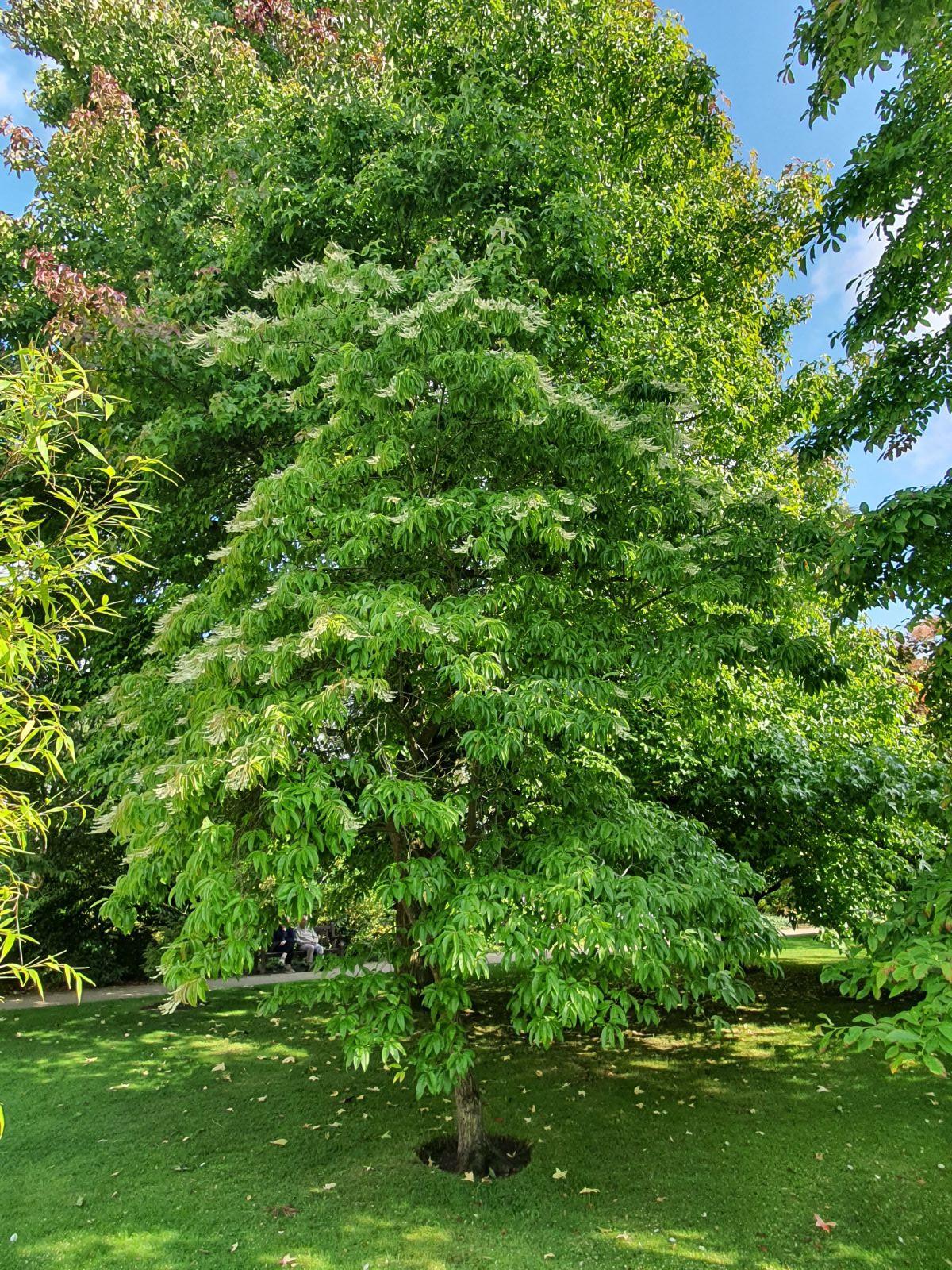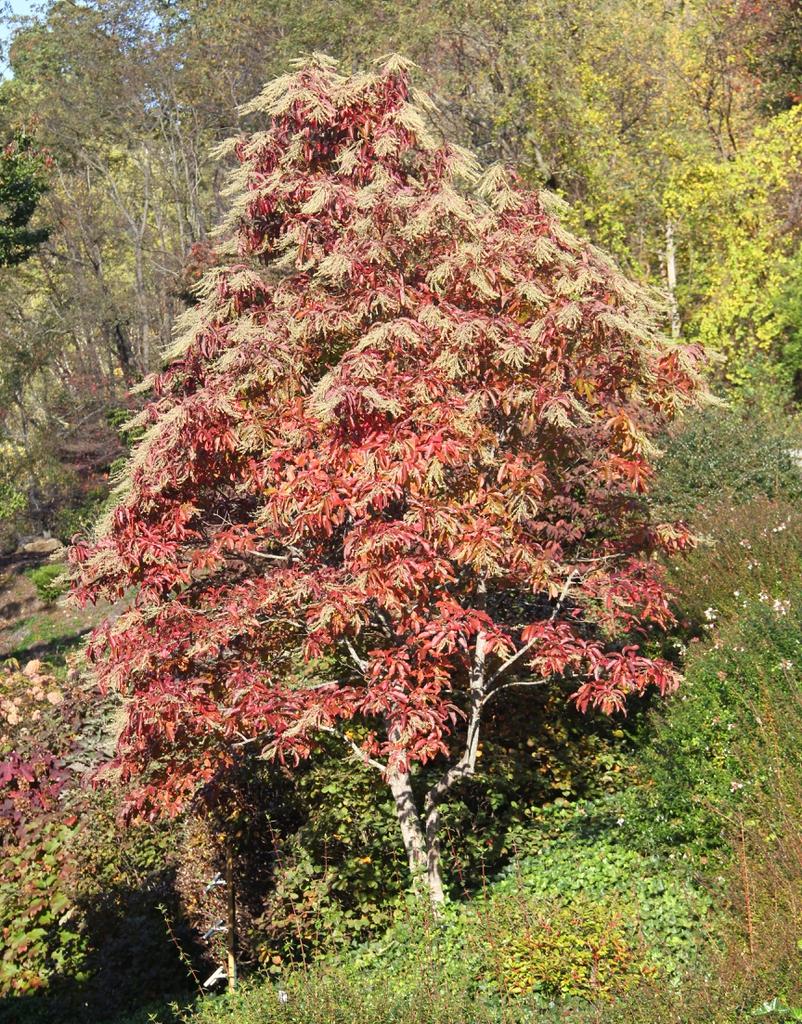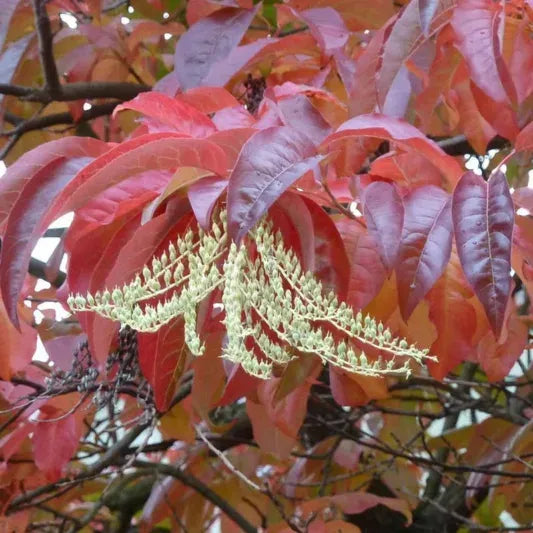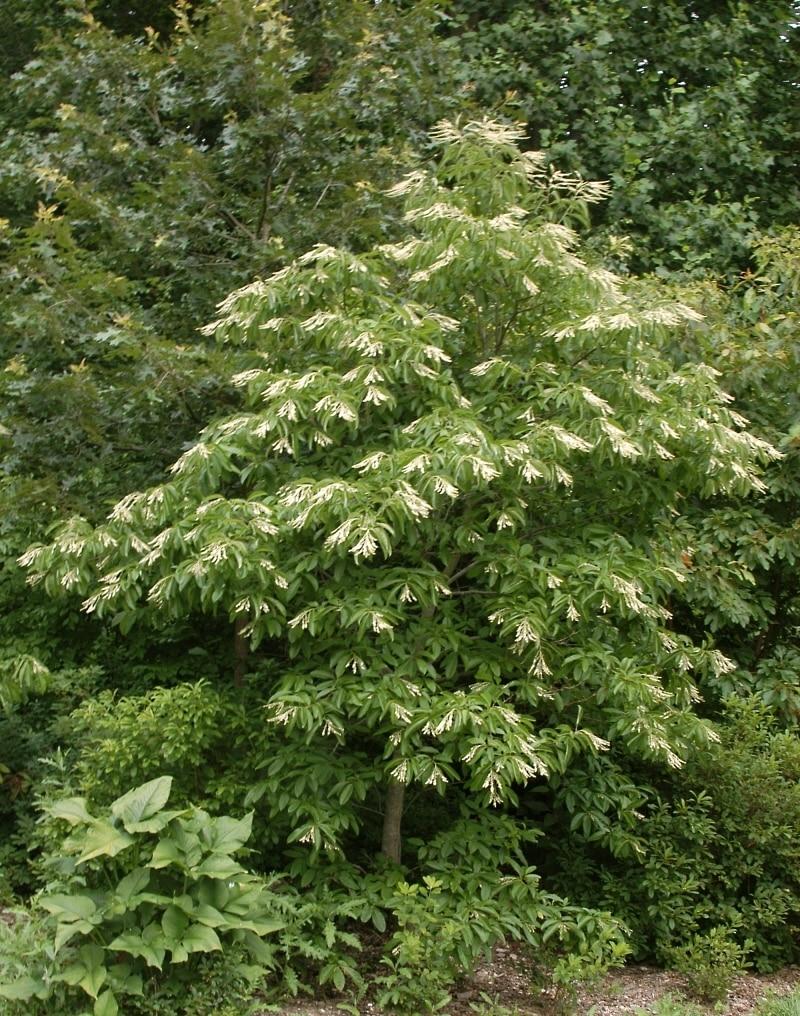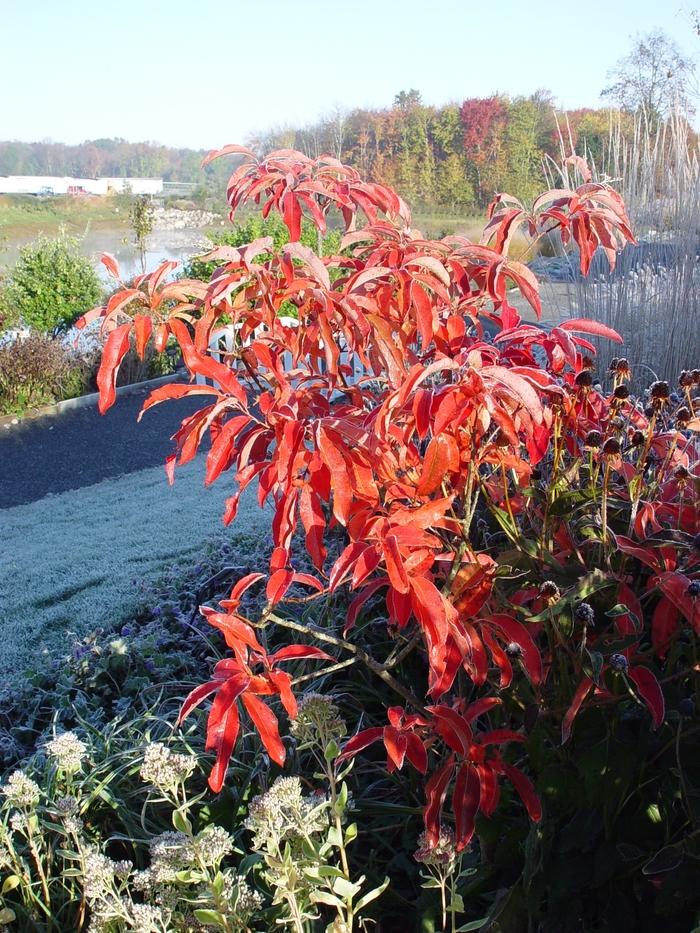1
/
of
24
Sourwood-Oxydendrum arboreum-Ornamental tree with vibrant fall color 7 Gallon
Sourwood-Oxydendrum arboreum-Ornamental tree with vibrant fall color 7 Gallon
Regular price
$460.00 USD
Regular price
$598.00 USD
Sale price
$460.00 USD
Unit price
/
per
Shipping calculated at checkout.
SKU:ntf9032-redcrocus
Couldn't load pickup availability
Oxydendrum arboreum - Single Stem
Description
The Oxydendrum arboreum, commonly known as the Sourwood tree, is a deciduous tree native to the southeastern United States. It is renowned for its stunning fall foliage, with leaves turning vibrant shades of red and orange. The tree also produces delicate, fragrant white flowers in the summer, which are attractive to pollinators.
Suggested Uses
Ideal for use as a specimen tree in gardens and landscapes, the Sourwood tree can also be planted in naturalized settings or woodland gardens. Its attractive flowers and fall color make it a standout choice for ornamental planting.
Plant Details
-
 Botanical Name: Oxydendrum arboreum - Single Stem
Botanical Name: Oxydendrum arboreum - Single Stem -
 Common Name: Sourwood
Common Name: Sourwood -
 Size & Growth: Typically grows 20-30 feet tall
Size & Growth: Typically grows 20-30 feet tall -
 Hardiness Zones: 5-9
Hardiness Zones: 5-9 -
 Foliage Type: Deciduous
Foliage Type: Deciduous -
 Bloom Time: Mid to late summer
Bloom Time: Mid to late summer -
 Growth Rate: Slow to moderate
Growth Rate: Slow to moderate -
 Light Requirements: Full sun to partial shade
Light Requirements: Full sun to partial shade -
 Attracts Pollinators: Yes, attracts bees and butterflies
Attracts Pollinators: Yes, attracts bees and butterflies -
 Indoor Friendly: No
Indoor Friendly: No -
 Container Friendly: No
Container Friendly: No -
 Deer Resistant: Yes
Deer Resistant: Yes -
 Pet Warning: Non-toxic to pets
Pet Warning: Non-toxic to pets -
 Fragrant: Yes, flowers are fragrant
Fragrant: Yes, flowers are fragrant -
 Cut Flower: Yes, suitable for floral arrangements
Cut Flower: Yes, suitable for floral arrangements -
 Grows Well With: Azaleas, Rhododendrons, and other acid-loving plants
Grows Well With: Azaleas, Rhododendrons, and other acid-loving plants
Care Tips
-
 Planting Instructions: Plant in early spring or fall for best results
Planting Instructions: Plant in early spring or fall for best results -
 Soil Moisture: Keep soil consistently moist, especially in dry periods
Soil Moisture: Keep soil consistently moist, especially in dry periods -
 Soil Type: Prefers acidic, well-drained soils
Soil Type: Prefers acidic, well-drained soils -
 Humidity: Tolerates average humidity levels
Humidity: Tolerates average humidity levels -
 Pruning Instructions: Prune in late winter to shape and remove dead branches
Pruning Instructions: Prune in late winter to shape and remove dead branches -
 Winter Care: Mulch around the base to protect roots in colder climates
Winter Care: Mulch around the base to protect roots in colder climates -
 Planting Depth: Plant at the same depth as in the nursery container
Planting Depth: Plant at the same depth as in the nursery container -
 Fertilization: Fertilize in early spring with a balanced, slow-release fertilizer
Fertilization: Fertilize in early spring with a balanced, slow-release fertilizer -
 Special Care: Avoid planting in alkaline soils to prevent chlorosis
Special Care: Avoid planting in alkaline soils to prevent chlorosis
Share
